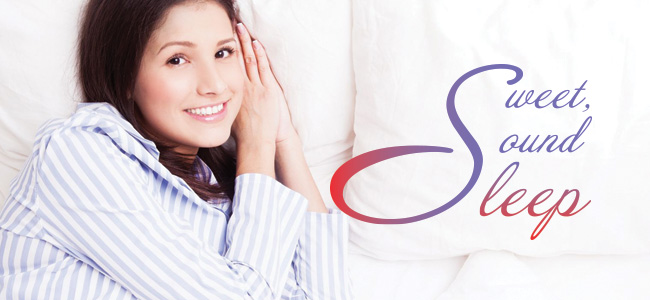July-September

“Why do I feel so sleepy sometimes?”
According to research provided by the National Sleep Foundation and other sources, hormonal changes occurring in your body may involve a shift in the body clock by around 2 hours when you are going through adolescence. What does that mean? Basically, it can cause you to feel the need to go to bed later and get up later than the rest of society.
But, unfortunately, most of civilization does not operate on that time clock! Due to your various commitments, you are usually expected to arrive at places early in the morning. So somehow, you’ve got to figure out a way still to get the 8.5–9.25 hours of sleep for each night that people your age really need in order to feel their best—at least until their circadian rhythm re-stabilizes at adulthood. But be patient and don’t worry—maturity will occur sooner than you realize. Meanwhile, what information can help you live with this situation as smoothly as possible?
There’s a lot of talk these days about the benefits of melatonin to promote sound sleep. What is melatonin, anyway?
Melatonin is a natural hormone produced by the pineal gland—a small, pine-cone-shaped endocrine gland in the brain.
Melatonin is manufactured from another hormone, serotonin, which is most widely known in its role as one of the “feel good” hormones. Increased levels of serotonin are associated with feelings of happiness and relaxation, while lowered levels are linked with weakened immune function and depression.
In essence, serotonin is converted to melatonin when the lights go out. Melatonin is inhibited by light and permitted by darkness—and its peak production occurs within a few hours after you fall asleep.
You may have noticed sometimes that by 9:00 p.m. (or a little later for most youth), you feel very sleepy—but you don’t want to go to bed yet. So, you force yourself to stay awake and later find that you have lost your sleepiness—and then you can’t seem to get to sleep anymore. That forcing of your body to stay up for the “second wind” is actually pushing against nature and suppressing your melatonin production. Try instead to go to bed when your body first asks you to do it—regardless of the artificial lighting available to let you stay up until midnight or later.
Jet lag can also cause people to produce less melatonin. But since airline travel cannot be avoided at times, what’s the solution?
Food sources associated with naturally boosting the body’s own melatonin production include cherries, bananas, and oatmeal. Yet more and more people are actually taking straight melatonin as a packaged dietary supplement—and caution should be exercised when considering that particular approach.
Brent A. Bauer, M.D., of the renowned Mayo Clinic, reminds us that melatonin is a hormone, not a food—and any form of hormone-replacement-therapy basically works by “tricking” the body’s natural processes—and this can have a downside. Side effects of heavy or continuous melatonin supplementation can include daytime sleepiness, dizziness, headaches, and even nightmares. Melatonin supplements can also interact negatively with various medications.
Two hours' good sleep before twelve midnight is worth more than four hours after twelve midnight.